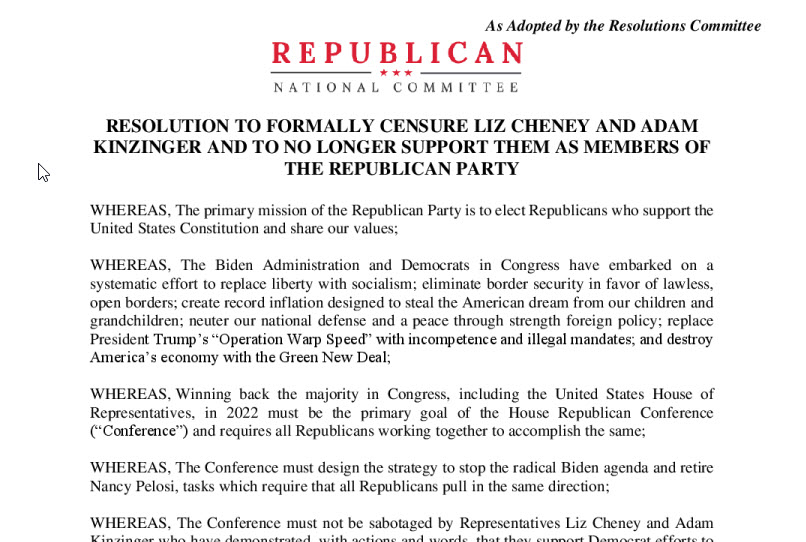
The metaphor of a dog chasing a mail truck is often used to describe relentless pursuit without consideration of the consequences. With Donald Trump’s recent election victory, this analogy takes on new significance. Voters who fervently supported Trump’s return to the presidency have, in essence, caught the mail truck. Now, the question arises: Should Democrats expend their political capital to obstruct Trump’s policies, or should they allow these policies to unfold, letting the consequences speak for themselves?
This article draws inspiration from a thought-provoking piece in The Bulwark and recent Threads posts by Jonathan V. Last, who explores the idea of stepping back and “letting Trump be Trump.”
While this approach might highlight the destructive nature of certain policies in a way that words alone never could, it’s important to acknowledge the gravity of this concept if played out in reality. Allowing Trump’s policies to unfold without resistance would likely lead to catastrophic consequences for global peace, geopolitical stability, the U.S. economy, women’s rights, marginalized communities, and countless families.
It’s a scenario that, while theoretically illuminating, poses immense moral and practical challenges. As much as the end result—a public reckoning with these choices—might seem desirable, the devastating costs make it almost impossible to watch it happen without intervention. This tension, the near impossibility of standing by while harm unfolds, is part of the reason why Democrats often intervene, inadvertently shielding these policies from the full measure of accountability.
Historical Context: The Democratic Dilemma
Historically, Democrats have often intervened to mitigate the impact of Republican policies, sometimes shielding their opponents from the full political fallout. For instance, in Arizona, when a 19th-century law criminalizing nearly all abortions was reinstated, Democrats provided the necessary votes to repeal it, thereby sparing Republicans from potential backlash . This pattern of intervention raises the question: Is it more strategic for Democrats to step back and allow Republican policies to proceed unimpeded, thereby exposing their flaws and shifting public opinion?
Key Policy Areas to Consider
Foreign Policy: The Ukraine Example
Trump has signaled a potential withdrawal of support for Ukraine, a move that could have significant geopolitical ramifications. Instead of obstructing this policy, Democrats might consider allowing it to proceed, thereby highlighting the dangers of such a move when the consequences become apparent. This approach could serve to underscore the importance of sustained international alliances and the risks associated with isolationist policies.
Economic Policy: Tariffs and Trade
Trump’s reintroduction of tariffs is poised to impact the economy, potentially leading to higher consumer prices and strained international trade relations. Rather than blocking these policies, Democrats could focus on exposing instances of cronyism and the adverse effects on consumers. By shining a light on how these tariffs may benefit a select few while harming the broader population, Democrats can make a compelling case against such economic strategies.
Public Health: Vaccine Policies
The appointment of vaccine skeptics to key positions within the administration poses a threat to public health initiatives. In response, Democratic-led states could implement their own public health campaigns, promoting vaccination and countering misinformation. Allowing federal missteps to become evident may reinforce the importance of science-based policies and the dangers of politicizing public health.
Immigration: Mass Deportations
Trump’s proposal for large-scale deportations raises concerns about feasibility and societal impact. By not obstructing these policies, Democrats could allow the public to witness the chaos and human cost associated with such actions. This exposure might lead to a shift in public opinion, particularly among communities directly affected by these policies.
The Risks of Obstruction
Obstructing Trump’s policies could have unintended consequences, such as shielding Republicans from accountability and wasting political resources that could be better used in proactive policy development. By stepping back, Democrats allow the full impact of these policies to be felt, potentially leading to a more informed and engaged electorate.
The Benefits of Allowing Policy Implementation
Allowing policies to proceed without obstruction can lead to greater public awareness of their impacts. This strategy builds a case for change based on observed outcomes rather than theoretical arguments, fostering a more informed public discourse and potentially leading to more sustainable policy solutions.
Ethical Considerations
Balancing the duty to protect vulnerable populations with the strategic benefits of non-intervention presents an ethical dilemma. While immediate harm may occur, the long-term gains in public policy and opinion could justify a strategy of allowing policies to unfold. This approach requires careful consideration of the potential risks and benefits, ensuring that the pursuit of political strategy does not come at the expense of ethical responsibility.
Strategic Patience
Revisiting the dog and mail truck metaphor, Democrats face a choice: continue to intervene and potentially shield Republicans from the consequences of their policies, or step back and allow these policies to demonstrate their effectiveness or failure. By adopting a strategy of strategic patience, Democrats can let Trump be Trump, allowing the electorate to witness firsthand the outcomes of his administration’s policies.
Call to Action
Engaging the public in this discourse is crucial. Voters should stay informed and critically assess policy outcomes, holding elected officials accountable for their decisions. Democratic leaders are urged to consider the potential benefits of allowing certain policies to unfold without obstruction, fostering a more informed and engaged electorate that can make decisions based on observed realities rather than partisan rhetoric.
Bottom line: Trump, his sycophants, and the MAGA cult-at-large have fucked around. It’s about time they find out. However, we already know Trump idolizes both Hitler and Putin, and one thing we can learn from their rise, or the rise of neofascist authoritarians like Viktor Orbán—is that when the “finding out” happens, it may very will be too late to reverse the damage.





